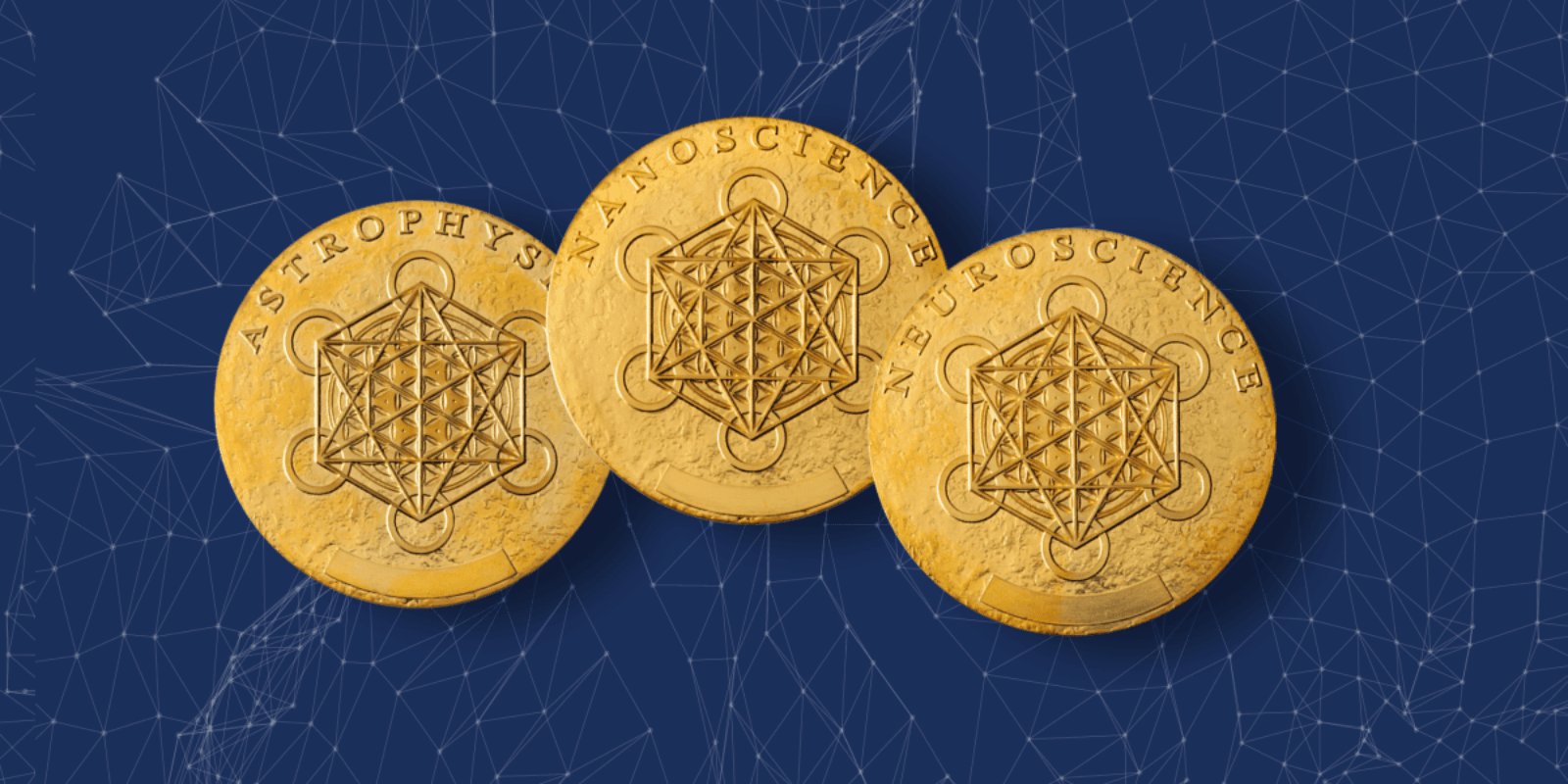The Kavli Prize 2020
New laureates announced

On Wednesday, May 27, The Norwegian Academy of Science and Letters announced the 2020 Kavli Prize Laureates in a program by the World Science Festival. This year's laureates span research in observational X-ray astronomy, inventions of aberration-corrected lenses in electron microscopes, and the discovery of sensory receptors for temperature and pressure. Learn more about this year's laureates and their groundbreaking discoveries at kavliprize.org.
 The Kavli Prize in Astrophysics
The Kavli Prize in Astrophysicsis awarded to astronomer and astrophysicist Andrew Fabian for his pioneering research and persistence in pursuing the mystery of how black holes influence their surrounding galaxies on both large and small scales. For decades, researchers have pondered the mechanics and physical processes of galaxies, and many have made discoveries that point to aspects of their inner workings; yet none has the unique vantage point of Fabian: to take a multi-scale understanding and systematically know where to look to put the pieces of the puzzle together and create the bigger picture of this vast ecosystem.
 The Kavli Prize in Nanoscience
The Kavli Prize in Nanoscienceis awarded to four scientists for their research and inventions of aberration-corrected lenses in electron microscopes that have created the ability for researchers worldwide to see the structure and chemical composition of materials in three dimensions on unprecedentedly short-length scales: Harald Rose, Maximilian Haider, Knut Urban and Ondrej L. Krivanek.
 The Kavli Prize in Neuroscience
The Kavli Prize in Neuroscienceis awarded to David Julius and Ardem Patapoutian for their independent discoveries of sensory receptors for temperature and pressure, respectively. While the mechanisms for smell and vision have long been described, a specific molecular understanding for how physical properties like temperature and pressure are detected and encoded into electrical signals the brain can process had been lacking. Over the past two decades, Julius and Patapoutian have independently described the molecular mechanisms that underpin sensitivities to temperature and pressure, as well as pain, and provided new insights into human physiology and disease.
Watch the full announcement program hosted by World Science Festival's co-founder Brian Greene.
Follow Along
Follow @kavliprize on Facebook, Twitter, Instagram and LinkedIn to see laureate interviews, explanations of their groundbreaking discoveries, and more.